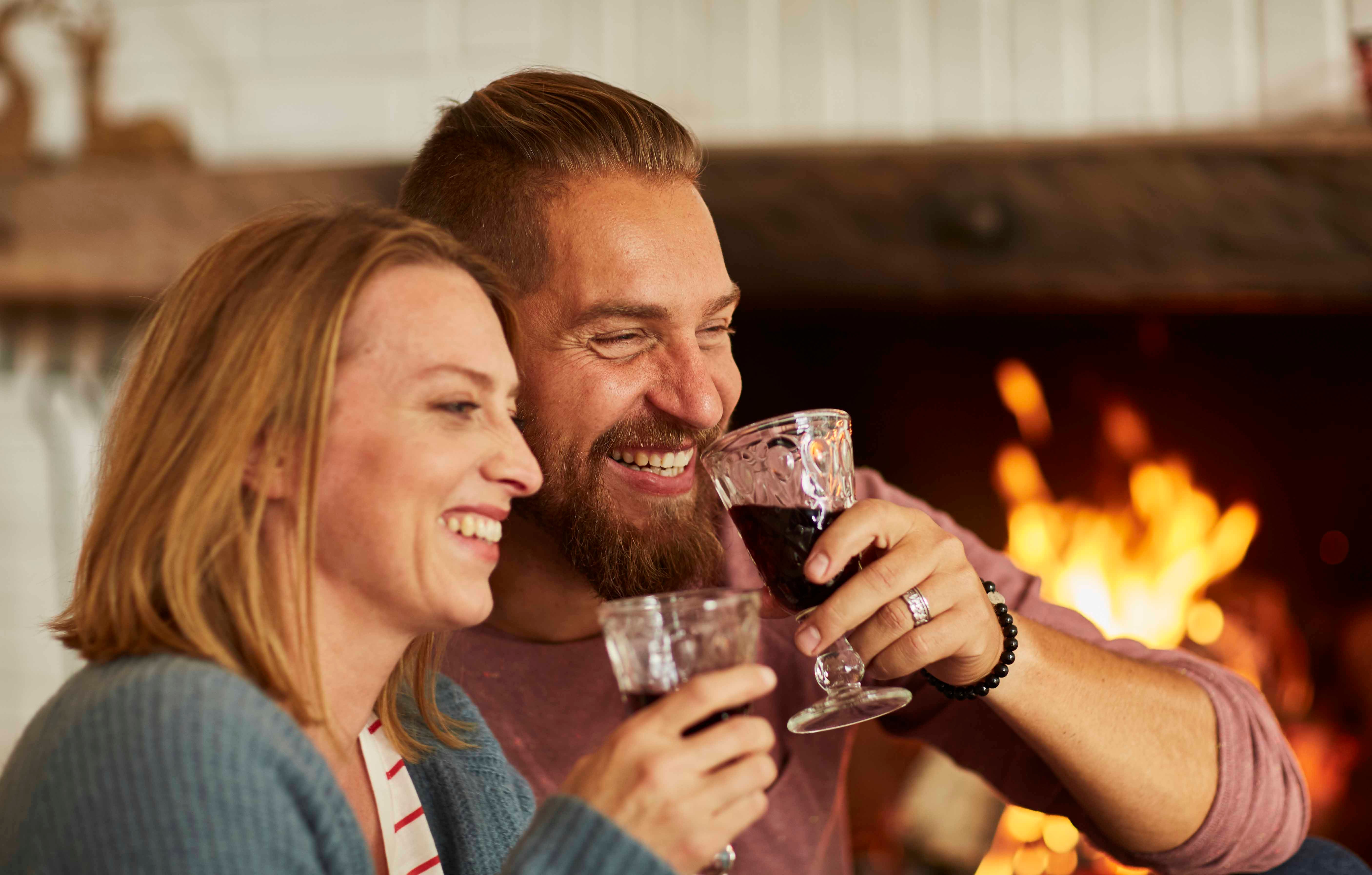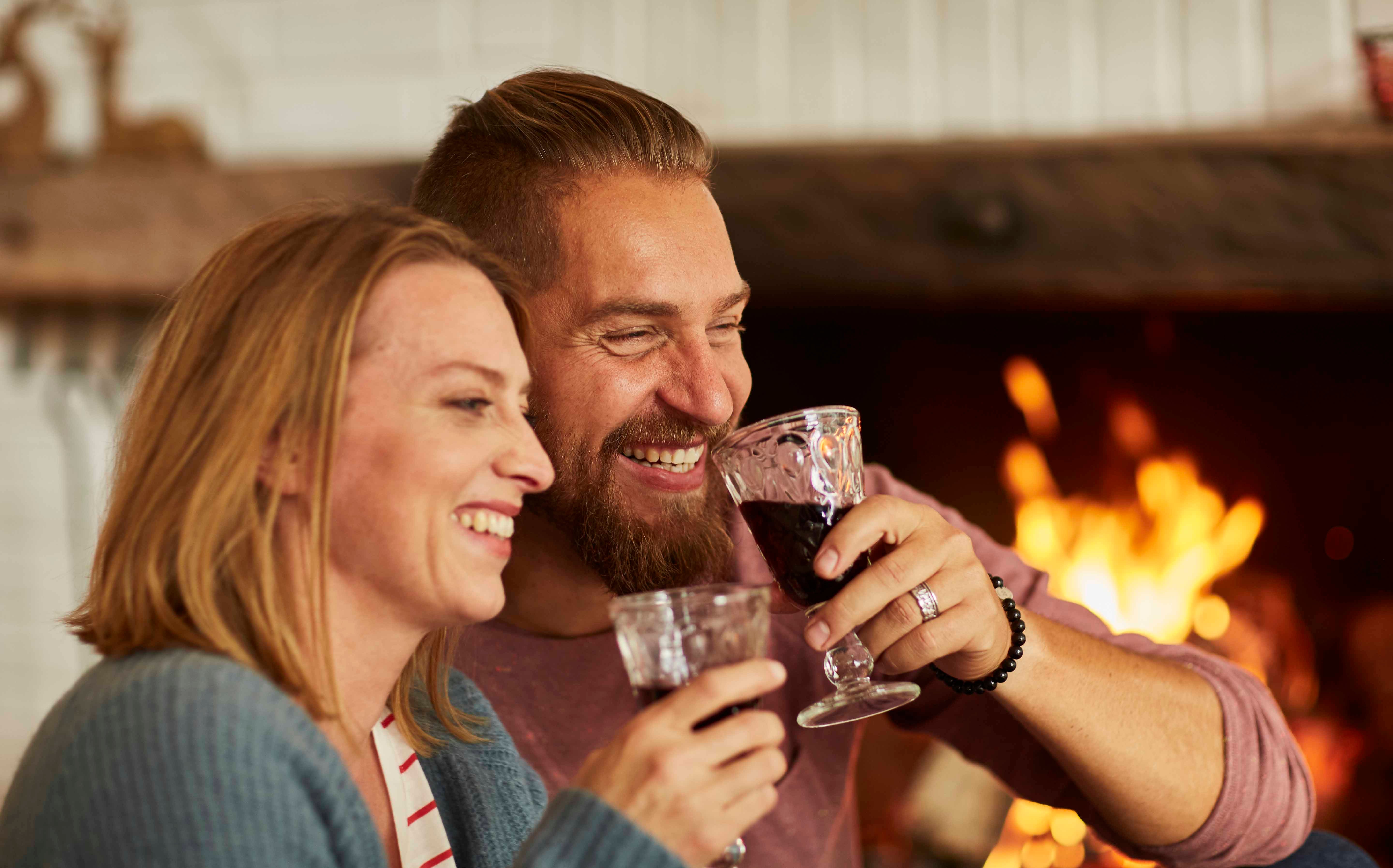How to lose weight without giving up alcohol


Weight loss and alcohol
Celebratory events – think everything from Christmas and New Year’s Eve to birthdays and anniversaries – can mean an endless round of parties, celebrations and social events that have ‘good fun’ written all over them. Socializing with family and friends, toasting a milestone or going on a holiday are important aspects of our health and wellbeing. It can also be an opportunity to enjoy a drink or two, which is something to look forward to as well – just try not to overdo it. Because, let’s face it, hangovers are not only nasty, they’re unhealthy. To help navigate your next celebration, here are the main things to remember when it comes to alcohol. These will help you rethink how and what you drink, so you can still enjoy a few.
FACT: Alcoholic drinks contain ‘empty’ calories
By ‘empty’ we mean they provide plenty of fuel or energy without many, or any, essential nutrients to go with them. So you get a lot of bang (kilojoules) for your buck without the benefits (no positive impact on your hunger or your health). Not only are the calories in alcohol empty, there are usually more of them than you think, too. Exact quantities differ but as a general rule, a standard drink, which is a 150ml glass of wine, a 375ml bottle of mid-strength beer, or a 30ml nip of spirits, contains around 4 SmartPoints®. Get through three drinks and it’s half your daily Budget!
TIP: Plan ahead and set a drinks budget, bearing in mind your SmartPoints Budget. It’s smart to drink no more than two standard drinks a day, or four on a single occasion and aim for two alcohol-free days a week. To stay hydrated, drink a glass of water between every alcoholic drink. And because we tend to pour 30 per cent more alcohol into short, squat glasses, choose a tall, thin one.
FACT: After a few drinks, food seems more attractive
It’s not just a theory – scientists found that drinking alcohol influences how the brain responds to food aromas increasing your food intake. It’s an effect that can turn enjoying a drink into a double whammy because not only are you ‘spending’ kilojoules on alcohol, you might also be consuming extra ones on food as well.
TIP: Eat a healthy snack before you have your first drink, and stock your party with nutritious ZeroPoint™ foods to help keep hunger at bay. Someone else’s event? Take a healthy plate.
FACT: Not all drinks are created equal
Some drinks will have less impact on your health and wellness goals than others. For example, the creamy cocktail that looks so enticing? It might contain as many as 1210 calories, which is four times as many as a glass of wine! And beware of drinks, particularly beers, marketed as being better for your waistline purely because they’re ‘low carb’. In fact, there’s little, if any, difference between the calories in a low-carb beer and a regular one. That’s because it’s the calories in alcohol that make up the biggest chunk of the overall calorie count. So an alcohol-reduced beer or wine will have a greater effect on your slimming waistline than the carb-reduced varieties.
TIP: Look out for ‘extra’ calories in the form of things like cream, sugar syrups and sweet mixers (go for natural additives such as lemon and lime wedges for an extra flavour boost rather than reach for sugary mixers). Choosing low-alcohol wines and beers, makes a difference! For example a 150ml glass of low-alcohol red wine is worth 2 SmartPoints values but a glass of full-strength red wine is worth 4 SmartPoints.
FACT: Alcohol affects you faster if you drink it on an empty stomach
Without food in your stomach to slow down the rate at which alcohol passes into your bloodstream, it takes just a few minutes after you take the first sip for the alcohol to reach your brain. It means you’ll hit a higher blood alcohol concentration sooner than someone who’s eaten a meal, and when that happens it can be harder to judge how many drinks are too many.
TIP: Make sure you have something to eat before you have a drink, preferably something that contains carbohydrate and healthy fats, both of which slow down the absorption of alcohol. And drink a glass of water before you have your first alcoholic drink because if you’re thirsty when you get your hands on a beer or a glass of wine, you’ll be more likely to guzzle it.